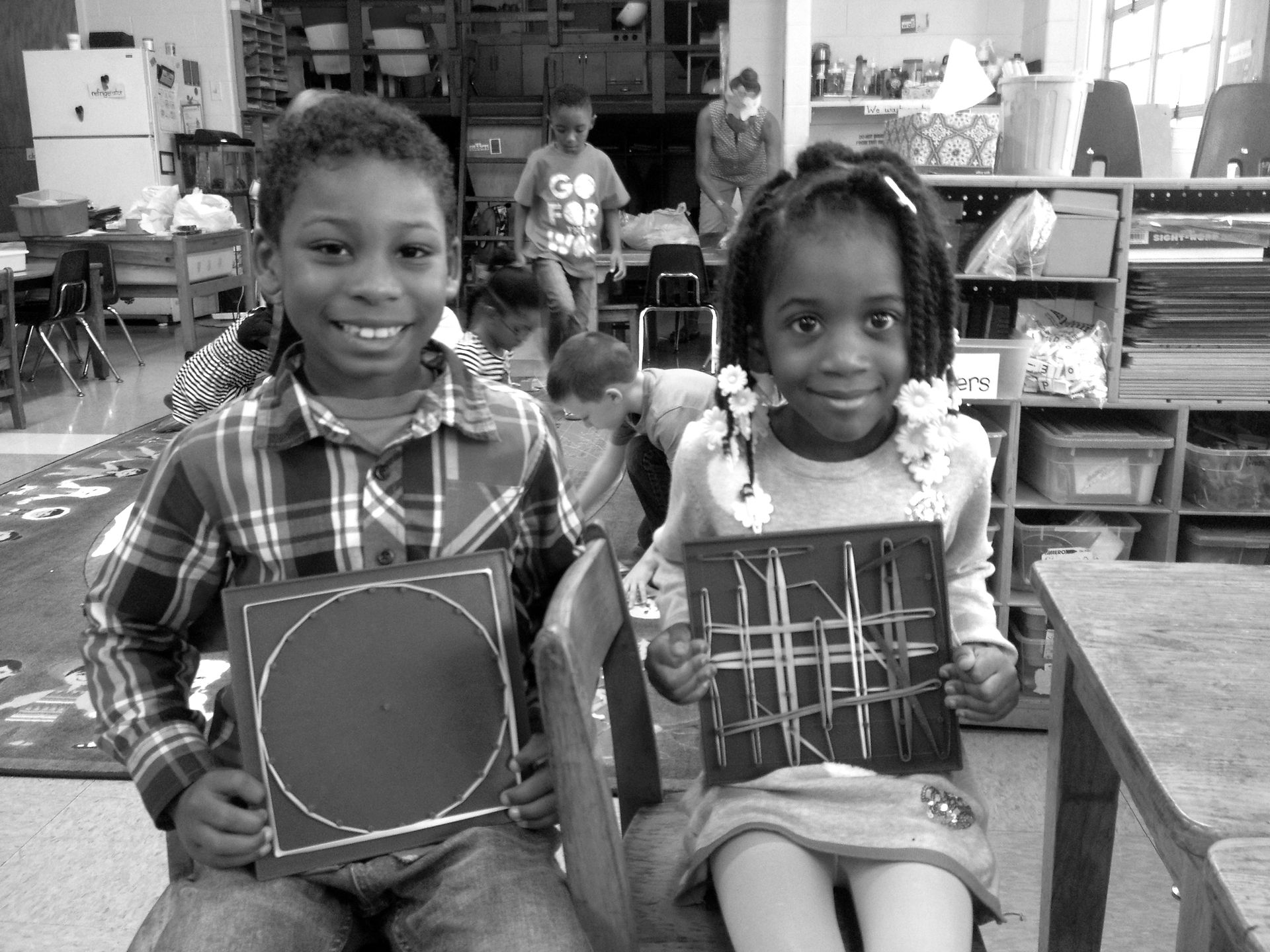
STORY
OF MY QUESTION
I aim to investigate how family and community can be used as a resource in teaching. To do so, I will examine the family interview assignment that I designed for my third-graders, including discussing the goals of the assignment, challenges that I encountered, outcomes and student reactions, and considerations for moving forward.
In my time in the field, I have seen the strong connection that can be made between school and family and community. At Powel Elementary School, for example, parents joined us every day for Principal Ellerbee’s morning message. When shout-outs were made to celebrate the kids’ accomplishments, the parents joined in the applause. The message was clear: family and community are integral to school success. During my summer fieldwork at White Rock Baptist Church, in West Philadelphia, I saw this connection as well. The program was run by Black retired teachers, mostly female, and all on a volunteer basis. There were also many church involved seniors who spent much of their free time at the program—setting up breakfast, filling pitchers of ice water, greeting the kids and telling them they loved them, loudly counting down from twenty-five seconds when kids were in the bathroom to make sure they were managing their time and not goofing around in the stalls; they were a visible and firm presence.
I believe that being more deliberate about incorporating family and community into the classroom can help me reach my students and my future students. I know that when I am on my own in the classroom next year, one challenge I will face is that there will be cultural differences between my students and me. Because my background is different from the backgrounds of most of the students I have taught in the Philadelphia public schools, one risk that I am cognizant of is that students may feel misunderstood. I will need to work hard to understand where my students are coming from. By making family and community an anchor in the classroom, I will have some insight into my students’ backgrounds.
More focus on family and community in my classroom can also help my students and future students to develop a deeper bond with school. By teaching kids to make connections between the classroom and their lives, I think they will be more likely to trust and invest in school. For example, a text that we read in our School, Society, and Self course spoke about the different ‘worlds’ that students inhabit and how a school or teacher’s awareness of these different worlds can often be a determining factor in whether or not students succeed in school environments or not: ‘Students who perceive borders between family and/or peers and school as impenetrable say that classroom and school climate features do not support their needs. They frequently describe instances of insensitivity or hostility from teachers and other students, which threaten their personal integrity or devalue their background circumstances (e.g., religious or cultural).’ (Phelan et al, P. 27)
Further, during our teaching program at Penn, there’s been a lot of emphasis on familial capital. In an article we read during our first term, Whose culture has capital? A critical race theory discussion of community and cultural wealth, Yosso expresses that when you make use of family and culture in the classroom, a valuable connection is created around common issues. Students are likely to feel less isolated. (Yosso, 2005, P. 79) The Philadelphia School District echoes this, as well. I noted that several components of the Philadelphia School District Application asked what consideration I would give to diversity and student background; and ‘the role of parents and caregivers’ in helping to overcome student challenges and barriers.
I sensed the importance of gaining experience in employing family and community in my classroom teaching and as such, decided to focus my inquiry on the following question:
How can I design assignments that incorporate family and community in order to reinforce social studies concepts?
In the following pages I will detail my experiences with regard to this line of inquiry.
Next Pg.